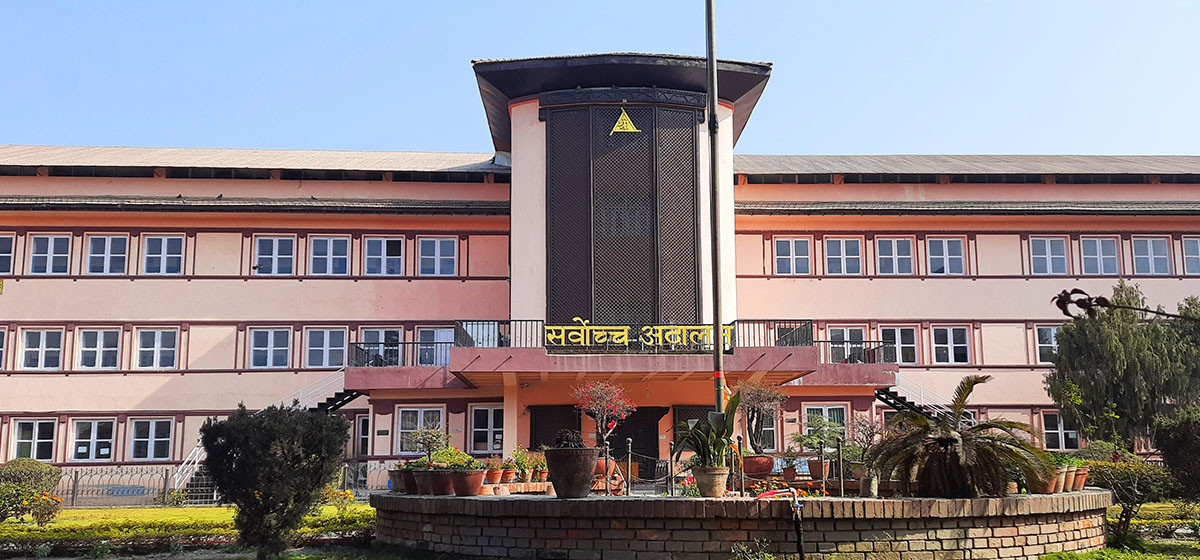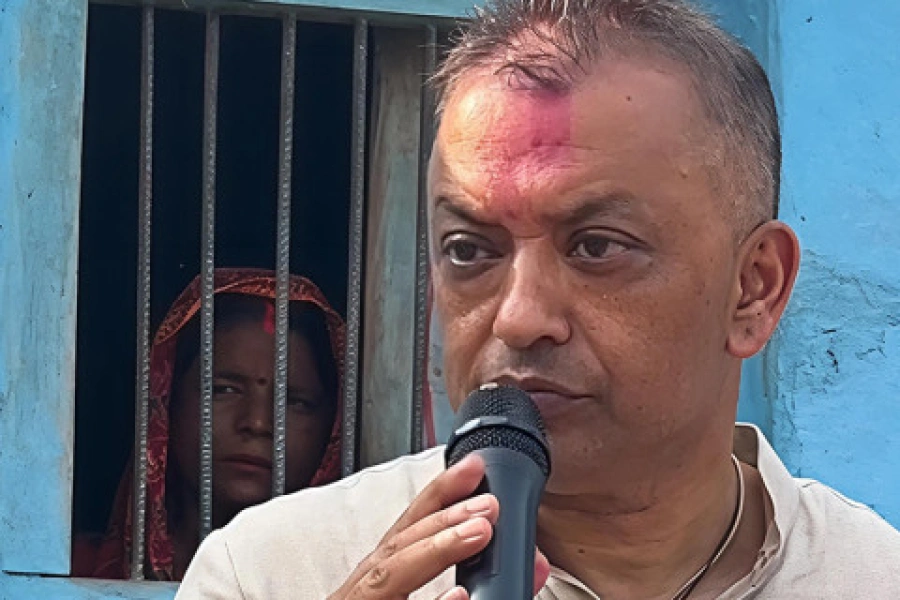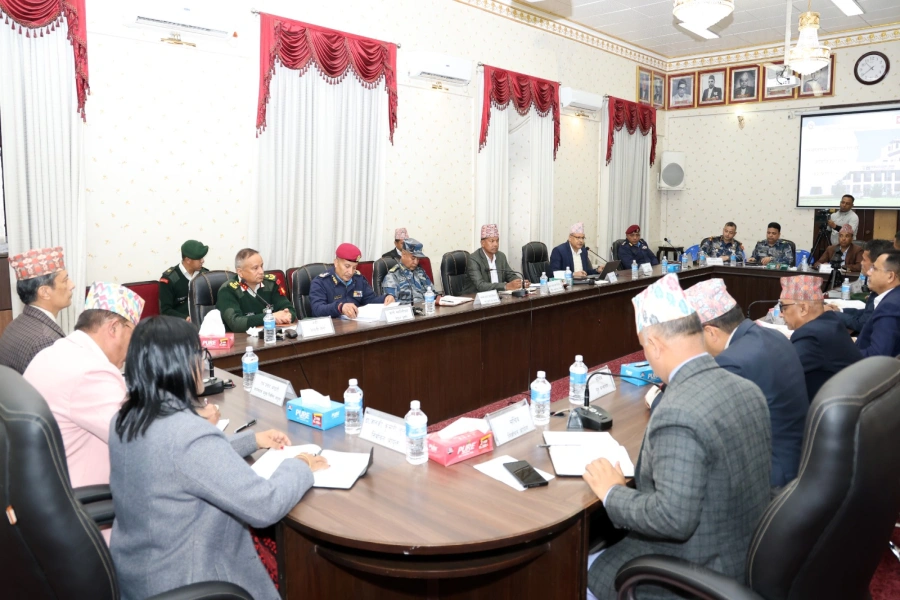KATHMANDU, May 6: The Supreme Court (SC) has directed the government to implement a new mental health policy and launch outpatient mental health services in all hospitals. Justices Hari Prasad Phuyal and Nripa Dhwaj Niraula ordered the government to strengthen the law, as the state has failed to adequately focus on mental health. The full text of the decision, made on December 2, 2024, was recently released.
The SC, in its order, said, "Revise the National Mental Health Policy-2053 BS to include a comprehensive strategy for implementing the right to mental health, which is an inherent part of the right to health guaranteed by the Constitution, and issue a new mental health policy." It also directs the government to appoint psychiatrists, psychologists, psychiatric nurses, social workers in mental health, and psychotherapists in all federal and provincial hospitals and start both outpatient and inpatient mental health services.
The SC has directed the government to appoint multidisciplinary personnel in all hospitals to start outpatient services. The SC also instructed, "Make the training and education for social workers and psychologists in mental health practical, establish necessary arrangements for licensing, and facilitate service entry."
Additionally, the SC ordered the federal and provincial governments to integrate mental health services with local community services, health insurance, disability identity cards, employment, and related services. "Since mental health is a sensitive issue, conduct awareness programs to reduce and eliminate the stigma associated with it. Treat actions that perpetuate stigma and discrimination as offenses and ensure the provision of necessary penalties."
Mental Health and Human Rights

The Constitution tasks the court with protecting fundamental rights. In this context, the court emphasizes that elected branches of the state must ensure the implementation of social, economic, and cultural fundamental rights, in accordance with their constitutional duties.
The SC has directed the government to address mental health sector issues and manage, coordinate, and regulate all related activities. Citing Articles 35 and 51(h) of the Constitution, the SC has instructed the revision of the National Mental Health Policy 2053 BS to align with the state's duties and citizens' rights. The court also ordered, "Establish separate mental health branches under the Department of Health Services at the federal level and at the provincial and local levels, in accordance with the federal system."
Furthermore, the SC has instructed the prompt appointment of contact persons at district hospitals and district public health offices at the local level to facilitate operations. The order emphasizes that the government should ensure that mental health services are provided with the same structure, budget, and human resources as physical health and guarantee that patients receive the necessary treatment according to their needs.
The SC has emphasized that the government must make qualitative improvements in the structure, budget, and human resources of the mental health sector in each annual budget. It has also directed the creation of specialized mental health legislation, which includes a binding provision for a specific budget allocation, similar to that for physical health.
The SC has further directed the reintegration of individuals affected by mental health issues who are dependent and seeking shelter into their families and communities through community-based rehabilitation. This should include arrangements for social security and the promotion of self-employment. Additionally, the SC has stressed the need to make necessary arrangements for incorporating alternative treatment methods such as Ayurveda and yoga, aiming for a holistic lifestyle change.
The SC has ordered authorities to conduct necessary monitoring to protect patients with mental health issues from potential or existing unnecessary suffering and harm. It has also directed the alignment of all laws related to mental health with human rights treaties, requiring the amendment and revision of any discriminatory laws against patients with mental health problems.
The SC stated, "While some fundamental rights guaranteed by the Constitution may not be immediately accessible, this does not grant the state the privilege of inaction." It further added, "Although some social, economic, and cultural rights may not be immediately available, the state must demonstrate a genuine effort to fulfill them."
Matrika Devkota and others from the National Mental Health Self-Reliance Organization had filed a writ petition, stating that the state has neglected mental health and failed to implement existing policies effectively for a long time. The petitioners argued that despite the National Mental Health Policy 2053 BS issued long ago, the state did not implement it and establish the necessary mechanisms for its execution.


























-1200x560-1771928761.webp)










